Changing Channels
Now and then, a canceled show finds a new network. Occasionally, it all works out
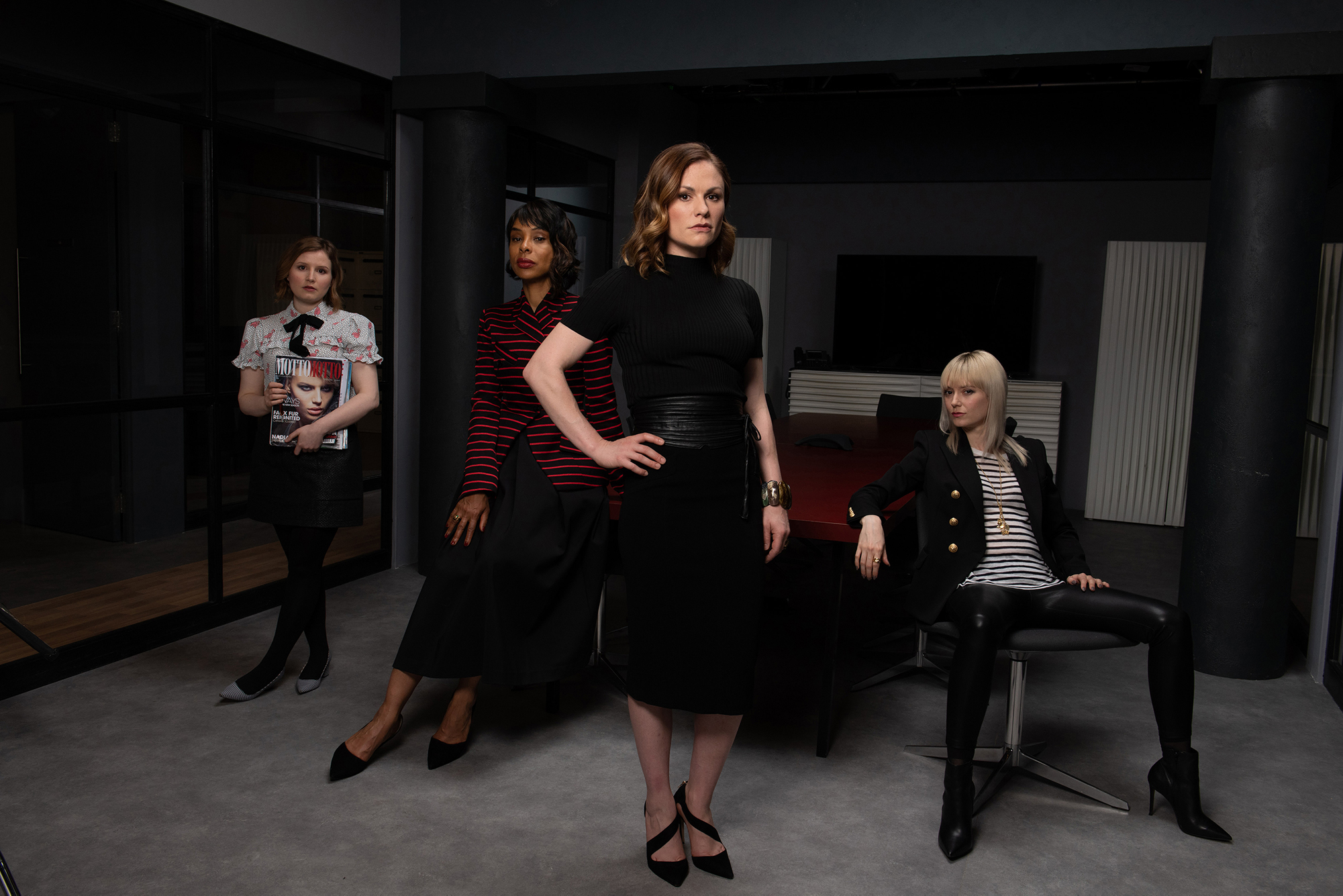
The smarter way to stay on top of broadcasting and cable industry. Sign up below
You are now subscribed
Your newsletter sign-up was successful
Like many well-received shows during the pandemic, Flack, with Anna Paquin as a PR doyenne tasked with cleaning up the messes of high-profile clients, was dropped by its network, Pop TV. Season two was in the can, but as Pop TV changed its programming strategy in the wake of the merger of parent ViacomCBS, the series was canceled.
Unlike most orphaned series, Flack, offering a heady mix of drama and comedy, has found a new home. Season one, with six episodes, starts Jan. 22 on Amazon Prime Video and season two will stream later this year.
Creator Oliver Lansley mentioned an overwhelming sense of gratification when Amazon Prime got on board with Flack. “More than anything, it was relief,” he said from England. “The idea of spending a year making a series, and the whole thing not being seen by anyone, is devastating.”
Also Read: New ‘Flack’ Home Suits Star Paquin
One Network at a Time
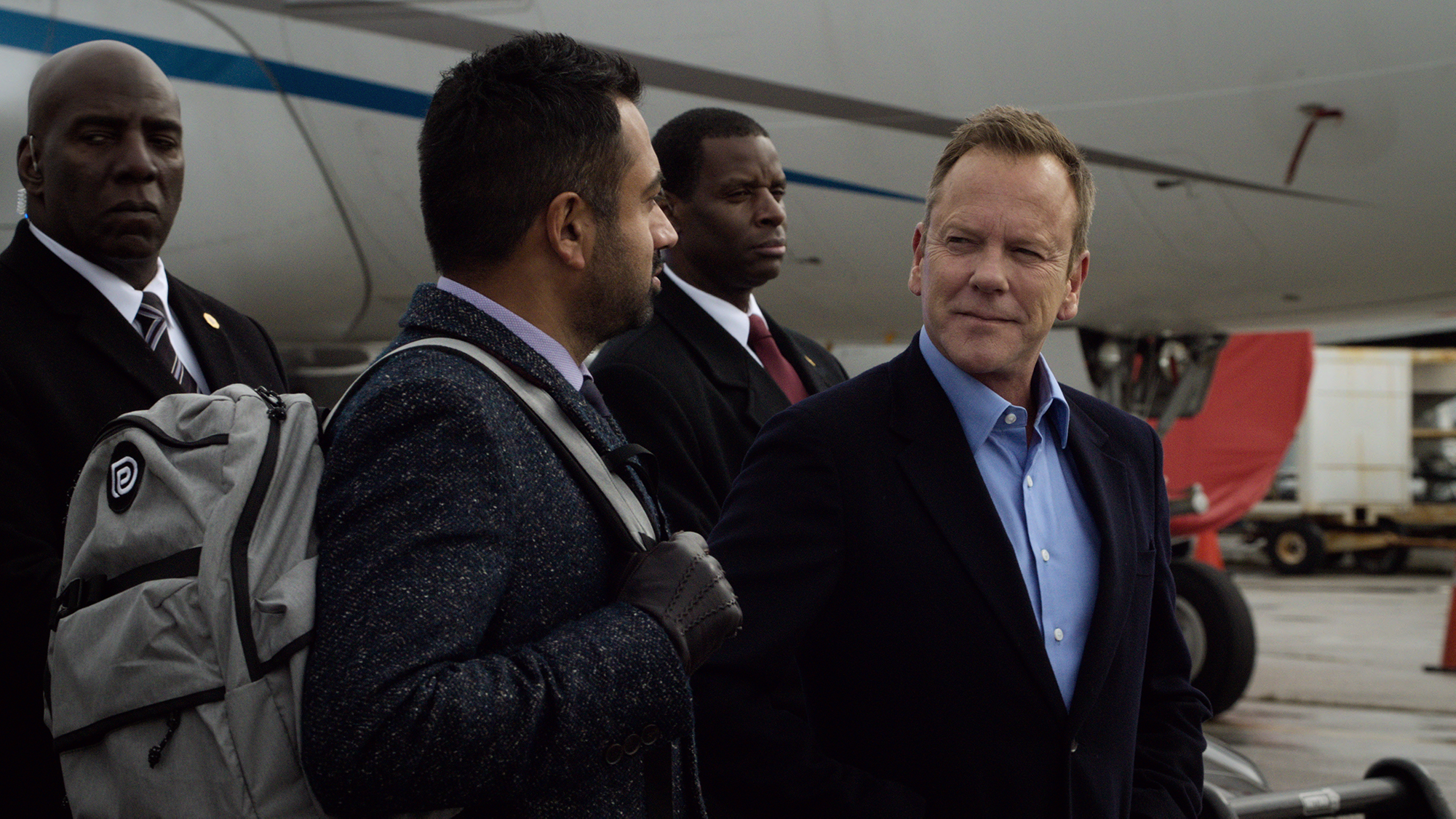
Shows that have found new networks after cancellation, including One Day at a Time, The Expanse and Lucifer, have been a mixed bag, some getting a number of additional seasons at their new homes, others getting just one. Landing on a second network hardly ensures a series will suddenly become a smash, but at least it offers that opportunity. “You should always be excited that you have another chance,” said Neal Baer, who was showrunner on Designated Survivor after it shifted to Netflix following the political drama’s cancellation by ABC. “If you have a chance again, you’re way beyond where other shows are when they get canceled. Embrace it.”
Designated Survivor with Kiefer Sutherland got one season on Netflix in 2019 before it was canceled again. Mindy Kaling comedy The Mindy Project had three seasons on Hulu after its first three seasons on Fox. Sci-fi drama The Expanse did three seasons on Syfy before shifting to Amazon Prime Video in 2019. Season five is streaming now, and Amazon ordered a sixth and final season. Cop comedy Brooklyn Nine-Nine had five seasons on Fox before getting picked up on NBC in 2019.
While Netflix is often the network that rescues orphaned series, it canceled comedy One Day at a Time after three seasons in 2019, with the show then doing one more season at Pop TV.
The smarter way to stay on top of broadcasting and cable industry. Sign up below
Busted Pilot: ‘Flack’ Finds a Home, ‘The Flight Attendant’ Flies High, ‘All American’ Back to School
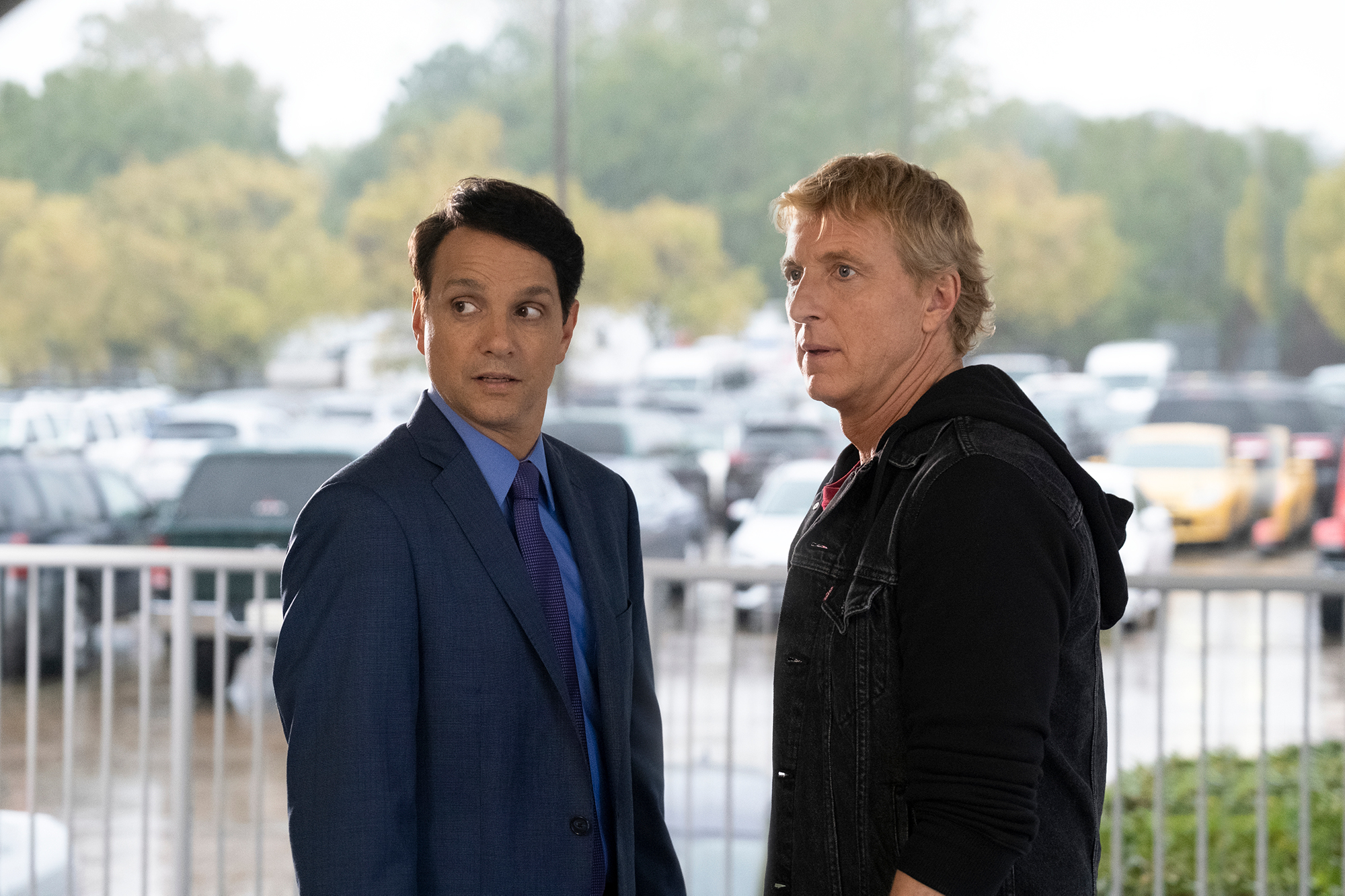
Other series that have found new networks after cancellation include Longmire, Tuca & Bertie, Last Man Standing, Mr. Mercedes and You. Cobra Kai, for one, got off to a strong start at Netflix this month after two seasons on YouTube. “No one cared about it on YouTube, and everyone’s talking about it on Netflix,” said Old Dominion University assistant professor of communications Myles McNutt.
Amazon Prime has not committed to new seasons of Flack, but will stream the two seasons produced while at Pop TV. “As with any of these decisions, we’ll be looking to our customers to guide our decision here,” said Brad Beale, VP of worldwide content licensing, Amazon Prime Video, “and we’re optimistic we can bring in existing fans of the series and build a new audience for it.”
‘Prime’ Time

Flack’s search for a new home was relatively smooth, according to Lansley, who described Amazon Prime as “our first port of call” after the show’s cancellation.
Beale said Flack fits right in with other Amazon originals. “When we first watched Flack, we were very excited about giving this show a second chance, as we believe our customers will gravitate to and appreciate this unique dark comedy,” he said. “We look at Flack as an excellent complement to our existing slate of curated series and expect it to be highly bingeable, given the performances of the amazing cast and timeliness of the themes. It touches on the complexities of modern life, where problems can go viral an instant.”
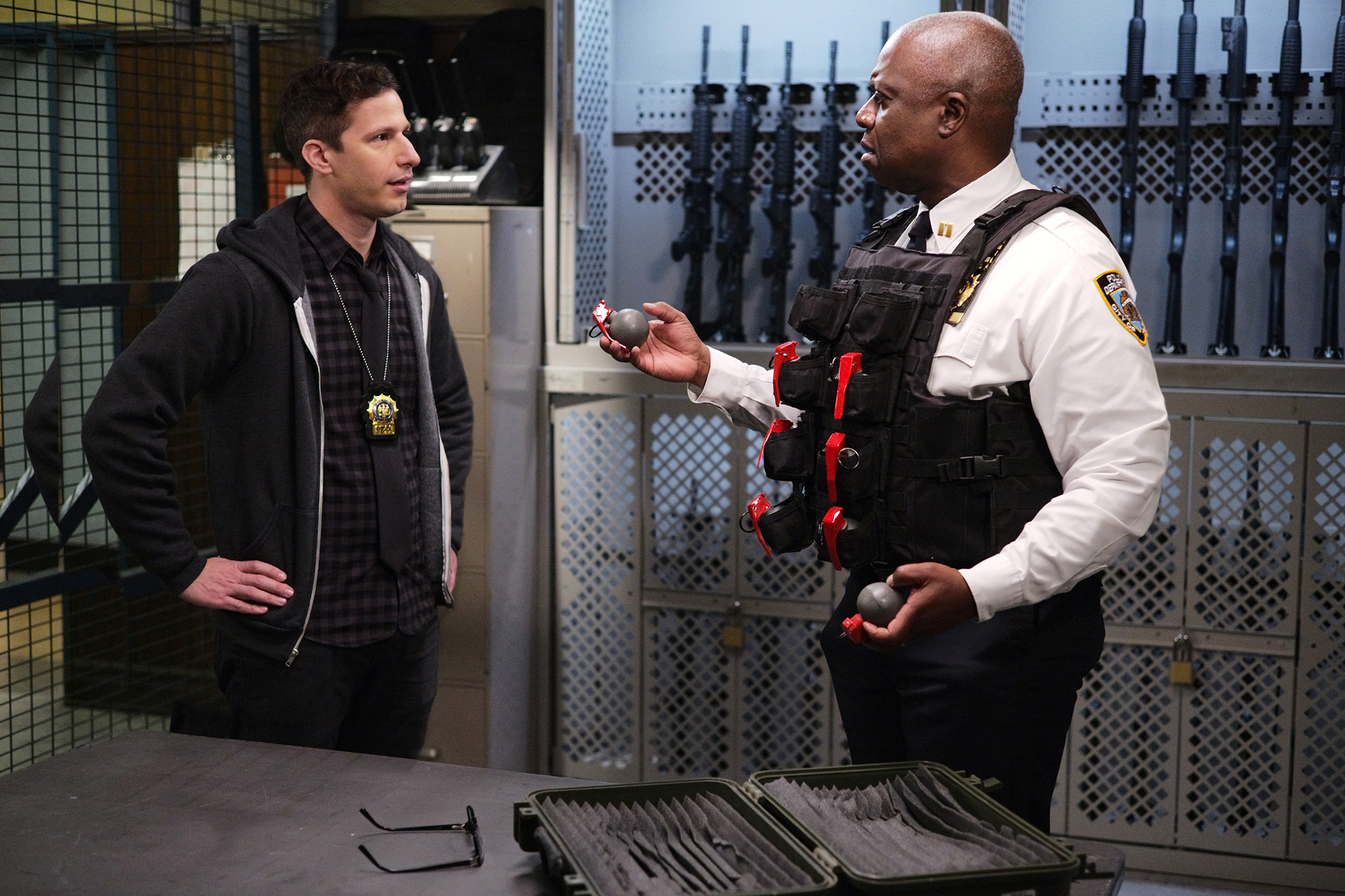
With COVID causing all sorts of production headaches, including significant budgetary dings, having a season in the can available for acquisition is more enticing to a number of networks than starting series production from day one. And the pandemic has pushed streaming to the television norm among viewers, making the major digital platforms such as Netflix, Amazon and Hulu a more-desired destination for many producers. “If you’re not playing in that arena, it’s a lot harder for your things to get seen,” Paquin said.
Airing on a streaming platform also gives the producers more creative leeway than they typically find on broadcast and basic cable. For Neal Baer, it meant bolder stories on Designated Survivor than the show had done on ABC.
“We got to tell very controversial, socially relevant stories,” he said. “There was no holding back on content. There’s a freedom on streaming that is really compelling for a lot of writers.”
Broadcast networks answer to advertisers and the FCC. “They don’t love controversy,” added Baer.
Streaming also allows for a deeper dive into a complicated character, such as Paquin’s PR ace Robyn. “There’s much more appetite for more complex and deeper emotional and psychological portrayal of a character,” said Linda Ong, co-founder and CEO of cultural consultancy Cultique, “as opposed to it being more plot-driven.”
Amazon vs. Netflix
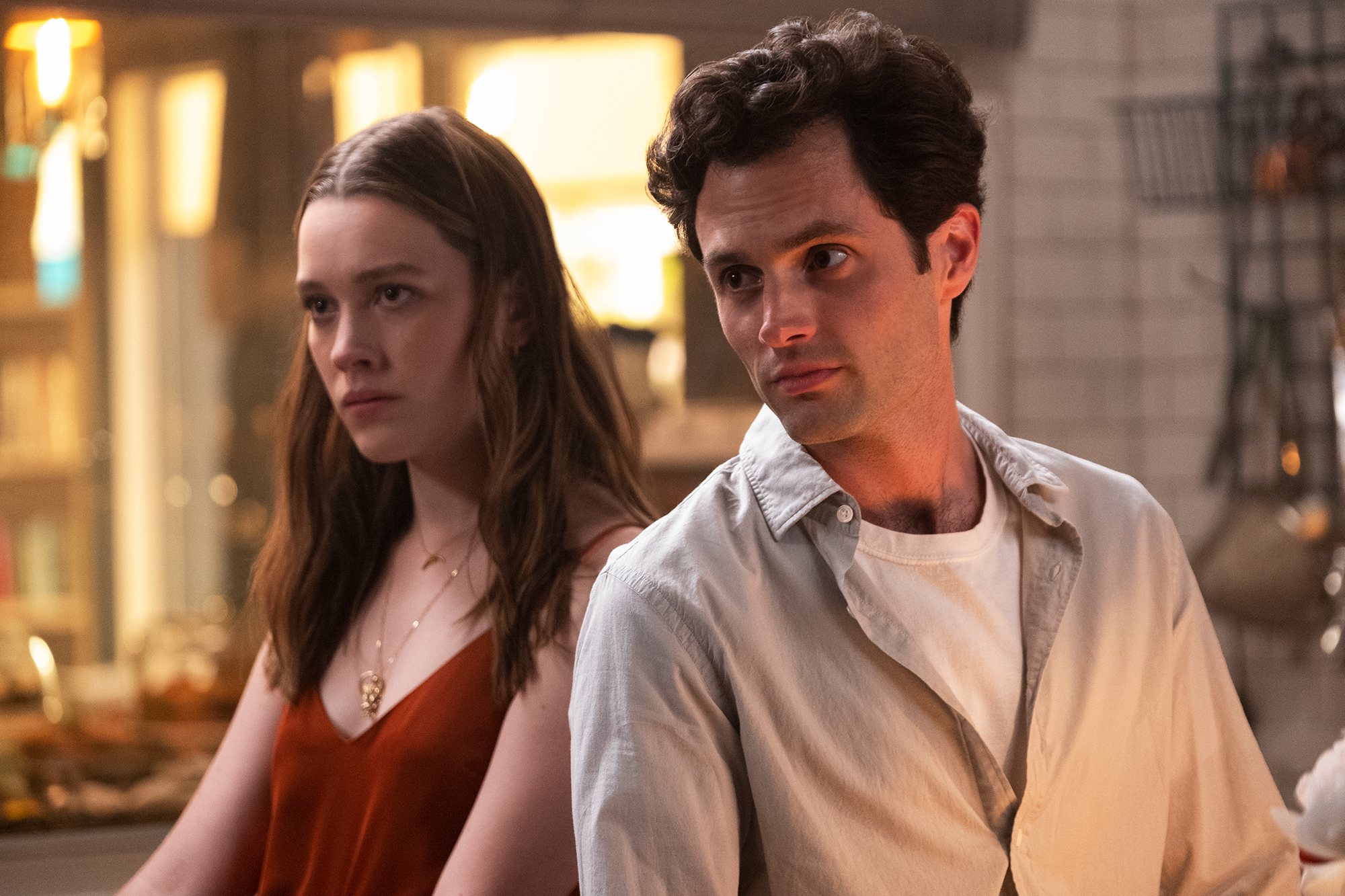
Amazon Prime Video does not have the same robust brand for original content that Netflix does, say some cultural pundits. A Nielsen study of the top 10 streaming original series in 2020 had nine Netflix shows and one from Disney Plus. McNutt said Netflix does an effective job of “naturalizing” a series — taking a show it has either picked up after cancellation or one that is licensed from another network, and getting viewers to think of it as native to Netflix. How many young viewers of Friends or Schitt’s Creek, for example, think of them as Netflix originals?
“The rebrand that Netflix does, Amazon cannot do,” McNutt said. “Amazon has never had that brand identity. Netflix can rebrand a show and no other network has successfully accomplished that.”
The Netflix brand is all about watching television, said Ong, while Amazon is about buying books, toilet paper and antacid, and watching television. Still, “don’t underestimate the ability of Amazon Prime to bring in an audience,” she said.
In a 500-scripted-show universe, having a popular streaming platform “curate” an off-the-radar program, in Ong’s words, can give the series a serious boost. “It’s a seal of approval in a sea of content,” she said. “Consumers think, if it’s on Netflix, it must be good.”
She added, “The Amazon brand has less cachet, but it still does have cachet.”
‘Flack’ Attack
Season two of Flack has aired in the U.K. on the network W, and Paquin said it was “well received.” The second season’s edgy appeal may get a similar reaction in the U.S. “I do think that people are sick of the BS,” Paquin said. “Seeing the dark underbelly as opposed to the smoke and mirrors might appeal to people even more.”
Ong believes Flack has a decent chance of breaking out on its new network. “With the right marketing and the right algorithm, if the content is good and unique and differentiated, I think there’s huge potential,” she said.
With Amazon Prime’s history of biting comedies featuring strong female leads such as Fleabag and Catastrophe, Oliver Lansley said it feels like the proper place for Flack. “We feel like we’ve found our spiritual home,” he said. “We hope it fits well with its compatriots.”
Michael Malone is content director at B+C and Multichannel News. He joined B+C in 2005 and has covered network programming, including entertainment, news and sports on broadcast, cable and streaming; and local broadcast television, including writing the "Local News Close-Up" market profiles. He also hosted the podcasts "Busted Pilot" and "Series Business." His journalism has also appeared in The New York Times, The L.A. Times, The Boston Globe and New York magazine.

